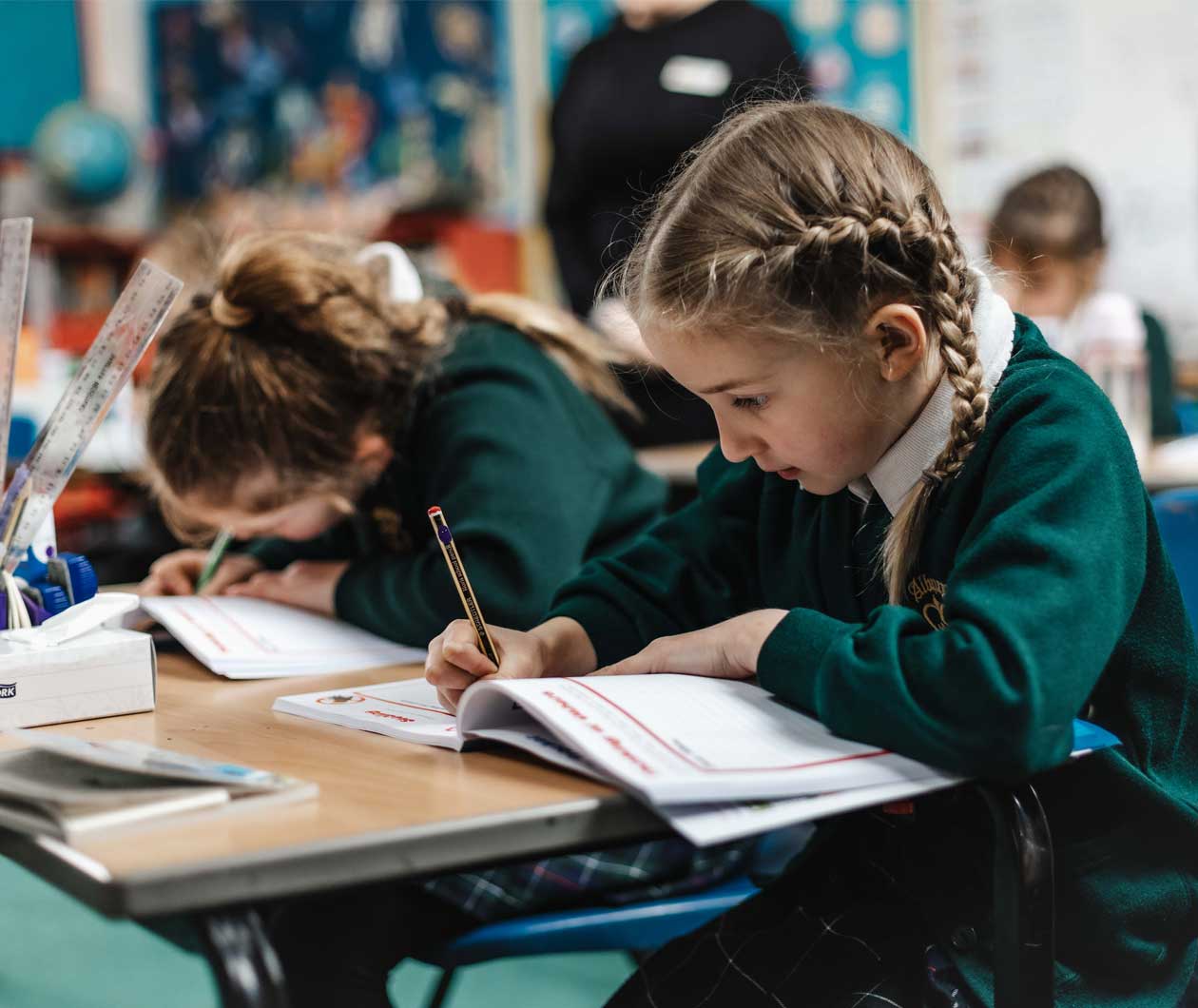In the realm of primary education, cultivating a holistic learning environment goes beyond traditional subjects. Prioritizing the social, emotional, and personal development of young learners lays a robust foundation for their future. This is where Personal, Social, Health, and Economic PSHE education steps in, and integrating it effectively is paramount.
Importance of PSHE Education in Primary Schools
- Holistic Development: PSHE education goes beyond academic achievements, focusing on the holistic development of children. It nurtures their social, emotional, and personal skills, laying the groundwork for success in all aspects of life.
- Well-Being: By addressing topics such as mental health, relationships, and self-esteem, PSHE education equips students with the tools to manage their emotions, build healthy relationships, and maintain overall well-being.
- Empowerment: Through PSHE education, students develop critical thinking skills, resilience, and self-confidence. They learn to make informed decisions, advocate for themselves and others, and navigate challenges with courage and integrity.
- Inclusivity: PSHE EYFS education promotes inclusivity by celebrating diversity, challenging stereotypes, and fostering empathy and understanding towards individuals from different backgrounds, cultures, and identities.
The Role of Workbooks in PSHE Education
- Visual Learning: Workbooks utilize visual elements such as illustrations, diagrams, and infographics to enhance understanding and engagement, catering to diverse learning styles and preferences.
- Hands-On Activities: Workbooks feature hands-on activities, role-plays, and scenarios that encourage active participation and promote experiential learning, allowing students to apply theoretical concepts to real-life situations.
- Progress Tracking: Workbooks often include progress tracking tools, such as self-assessment quizzes and reflection prompts, enabling students to monitor their own learning journey and set personal goals for growth and improvement.
- Parental Involvement: Workbooks facilitate parental involvement by providing opportunities for students to share their learning experiences at home, fostering communication, and strengthening the home-school partnership.
Integrating Workbooks into the Curriculum
- Curriculum Alignment: PSHE workbooks are designed to align with the objectives and standards of the PSHE curriculum, ensuring coherence and relevance in learning outcomes.
- Cross-Curricular Connections: Workbooks offer opportunities for interdisciplinary learning, integrating PSHE concepts with other subject areas such as literacy, numeracy, and science, enriching the overall educational experience.
- Differentiation: Workbooks are adaptable to accommodate the diverse needs and abilities of students, with differentiated activities and extension tasks to support both struggling learners and those in need of challenge.
- Professional Development: Educators can benefit from professional development resources accompanying workbooks, such as teacher guides, training materials, and online support forums, enhancing their pedagogical skills and confidence in delivering PSHE education effectively.
Why PSHE in Primary Education Matters
PSHE education plays a pivotal role in shaping children’s attitudes, behaviors, and understanding of the world around them. It encompasses a wide array of topics, including emotional literacy, relationships, health, and financial literacy. By introducing these concepts early on, educators empower students to navigate life’s challenges with confidence and resilience.
Introducing PSHE Workbooks for Primary Learners
One effective method of delivering PSHE curriculum in primary schools is through meticulously crafted workbooks. These resources serve as tangible tools that facilitate structured learning experiences while promoting independent exploration. Tailored to the Early Years Foundation Stage (EYFS) and beyond, PSHE workbooks offer age-appropriate activities and exercises designed to captivate young minds.
Key Features of PSHE Workbooks
- Engaging Content: Workbooks are enriched with colorful illustrations, relatable scenarios, and interactive tasks, ensuring that learning is both enjoyable and meaningful.
- Comprehensive Coverage: From understanding emotions to exploring diverse communities, PSHE workbooks address a spectrum of themes essential for holistic development.
- Flexible Integration: Educators can seamlessly incorporate workbook activities into their lesson plans, adapting them to suit the unique needs and pace of their students.
- Assessment Tools: Embedded assessment tasks allow teachers to gauge students’ progress and identify areas for further support or enrichment.
Nurturing Well-Being Through PSHE Education
At its core, PSHE education fosters a nurturing environment where students feel valued, understood, and supported. By engaging with topics such as mental health, resilience, and empathy, young learners develop crucial life skills that extend far beyond the classroom.
Empowering Educators and Students Alike
For educators, PSHE workbooks serve as invaluable resources that streamline lesson planning and enhance teaching effectiveness. By providing structured content and guidance, these materials empower teachers to deliver engaging PSHE lessons with confidence and clarity.
For students, PSHE workbooks offer a journey of self-discovery and growth. Through reflective activities, group discussions, and real-life scenarios, children develop a deeper understanding of themselves and the world, equipping them with the tools they need to navigate life’s complexities.
Conclusion
Incorporating PSHE education into the primary curriculum is not just a choice—it’s a necessity. By investing in high-quality PSHE workbooks, schools can create inclusive learning environments that prioritize the holistic development of every child. Together, let’s embark on a journey of empowerment, empathy, and education, shaping a brighter future for generations to come.

